President Biden and Treasury Secretary Janet Yellen have revealed their game plan to fix the racial wealth gaps that have historically made it tough for people of color to get ahead in America.
Wealth Barriers for Minority Communities

Americans – especially those from minority communities – have faced huge barriers to achieving financial security for years.
Wealth Gap Disparities

These barriers have resulted in massive differences in wealth between White families and families of color – despite progress in recent years.
New Treasury Data
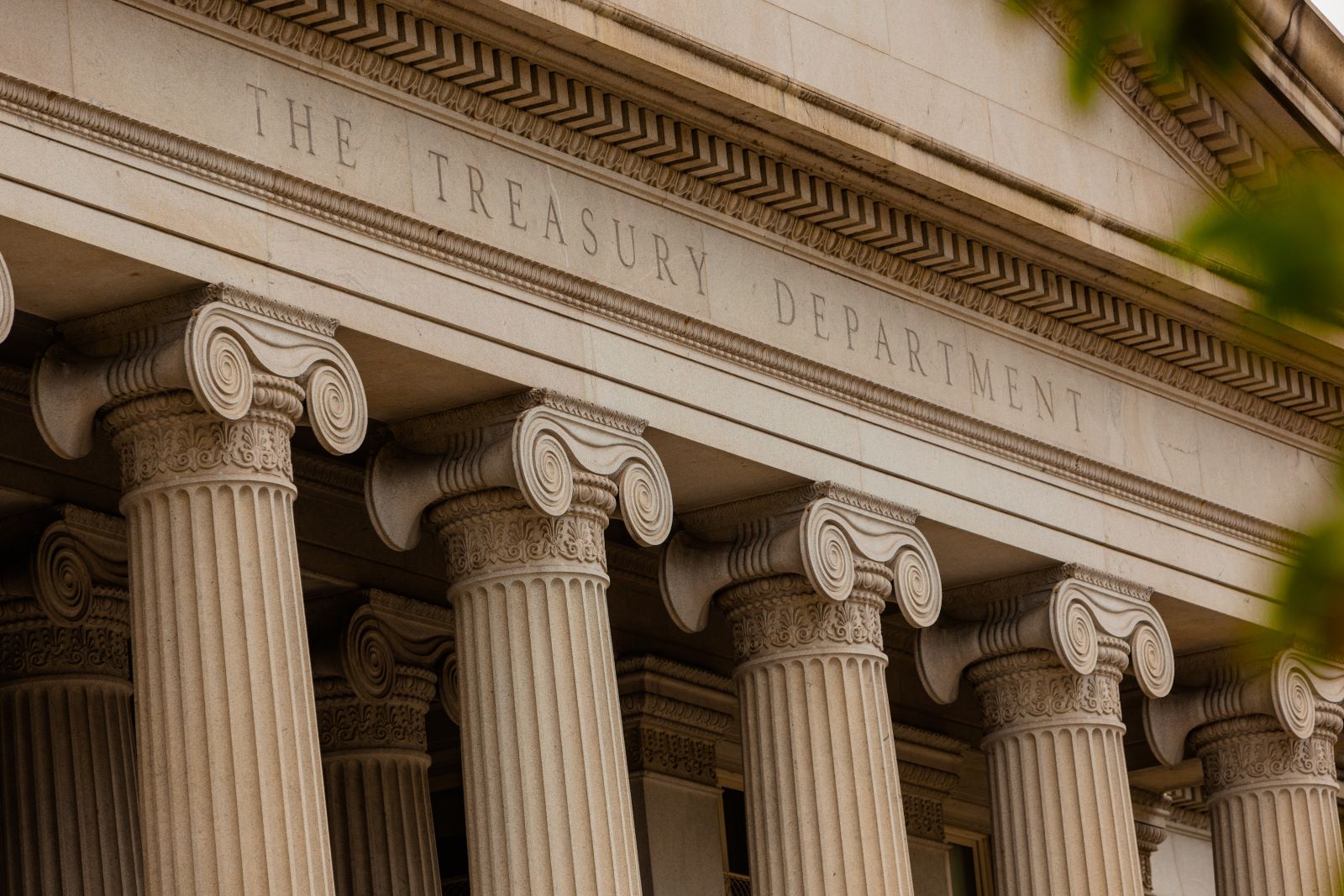
New data from the Department of the Treasury shows that while there have been some healthy increases in wealth for Black and Hispanic families, the wealth gap between White families and families of color is still huge.
White, Hispanic, and Black Families

In 2022, the median wealth among White families was $285,000, compared to just $61,600 for Hispanic families and $44,900 for Black families.
Tax Code Issues

One of the main factors making the issue worse is unequal treatment within the tax code.
Preferential Tax Rates

According to Treasury estimates, 92% of tax benefits from preferential rates on capital gains go to White families, leaving minimal benefits for Black and Hispanic families.
Progressive Tax Codes
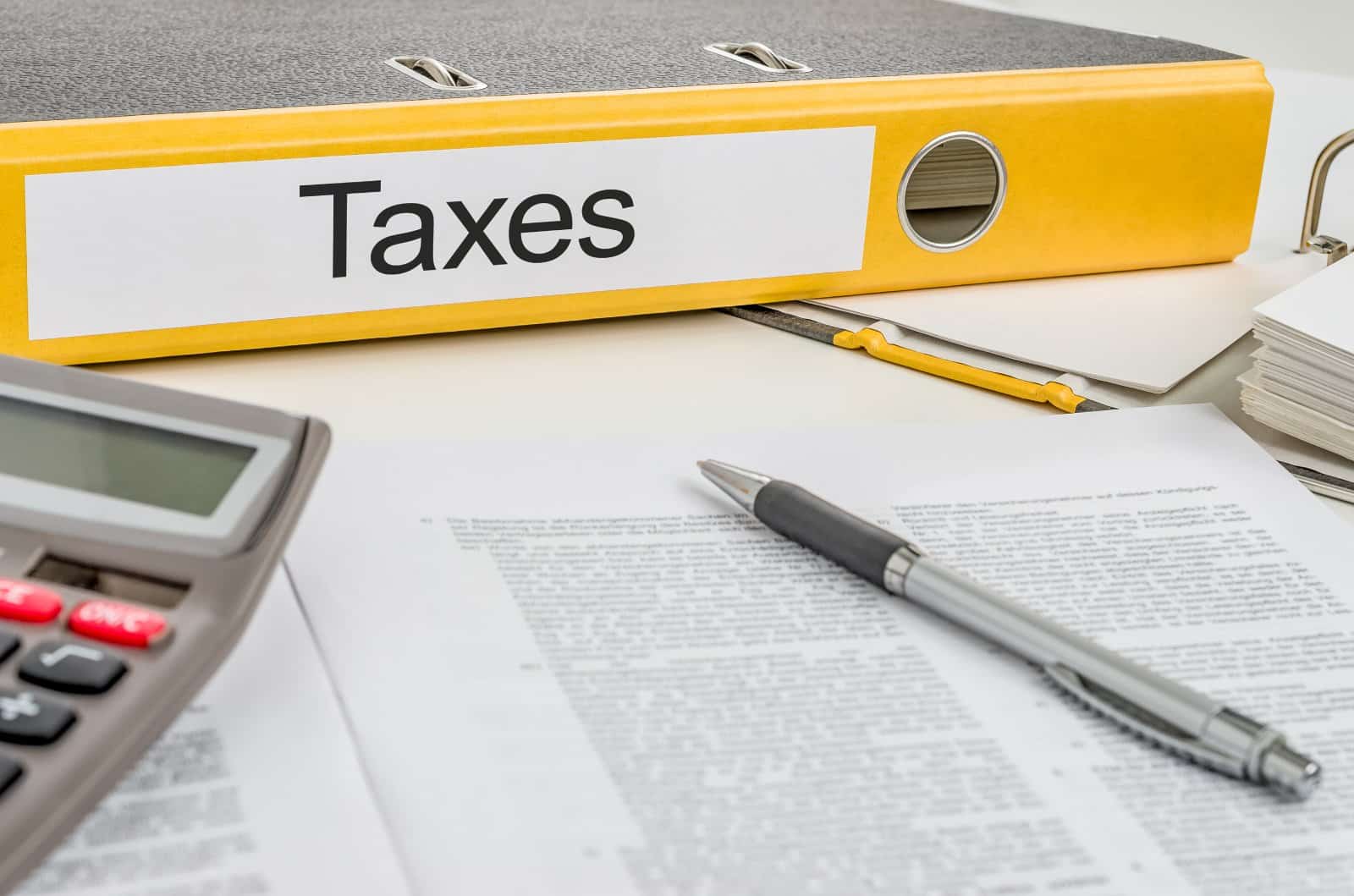
There are parts of the tax code that are meant to help reduce racial wealth inequality, but currently, they are not doing enough to address the issues.
Earned Income Tax Credit

One example is the Earned Income Tax Credit (EITC), which provides crucial support to low- and moderate-income families, with Black and Hispanic families receiving a larger share of benefits compared to their representation in the population.
Biden’s Tax Reforms

President Biden and Secretary Yellen have proposed significant reforms to the tax system. The aim of these reforms is to generate revenue to support working families, reduce child poverty, and make healthcare more affordable.
Addressing Racial Wealth Inequality

The plan also aims to address the unequal treatment of income from work and wealth, as well as close loopholes that allow wealthy people to avoid paying their fair share of taxes.
Impact on Economic Gaps
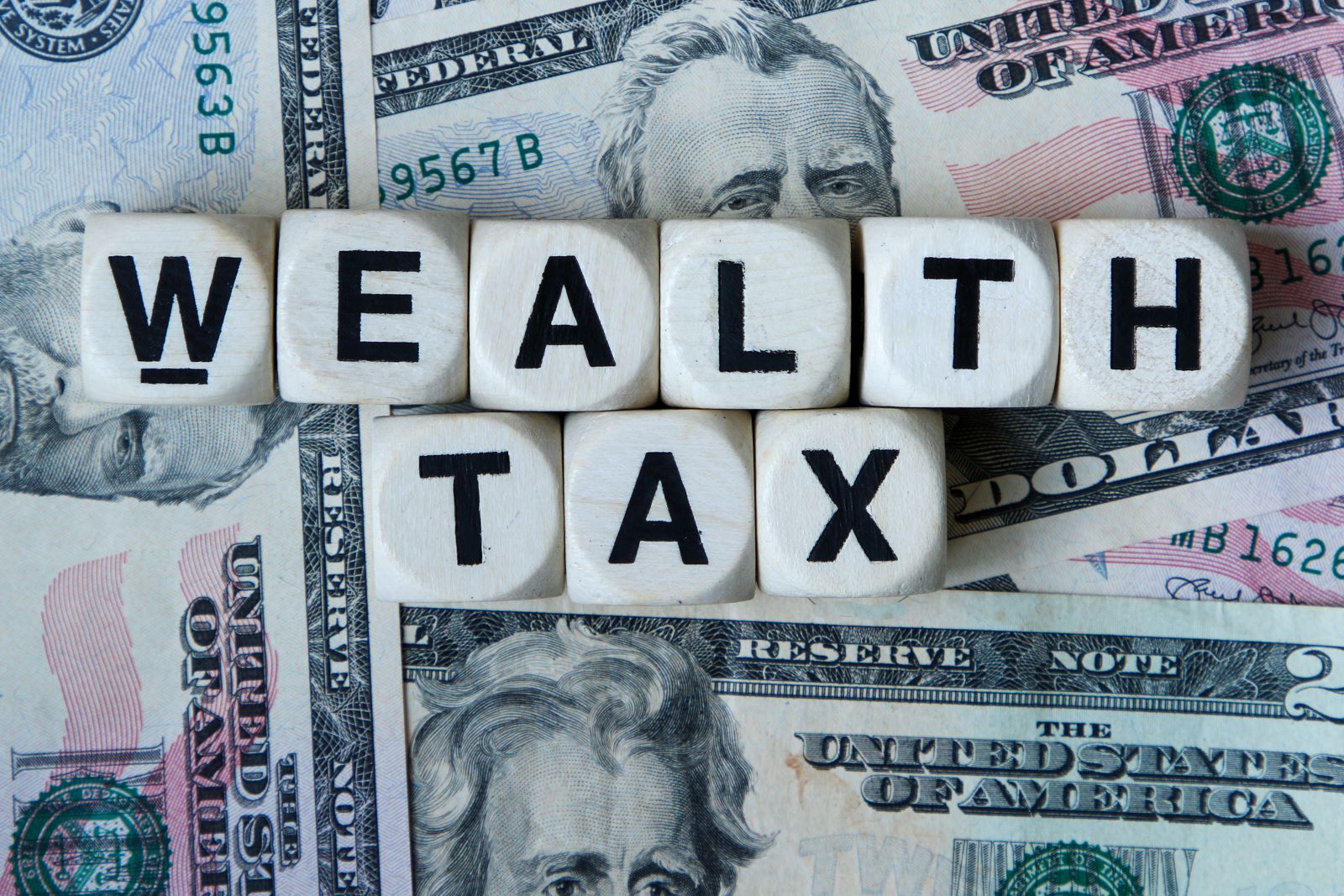
Some of Biden’s proposals are:
- Minimum Tax for the Wealthy: People with over $100 million in wealth would be required to pay at least 25% of their total income as taxes. This rule is meant to reduce economic gaps and bring in more tax revenue.
Leveling the Playing Field

- Inheritance Tax: Currently, White families are more likely to receive inheritances than Black or Hispanic families. The proposed budget would limit certain tax exemptions related to inheritances, aiming for a more even playing field.
Equalizing Taxation for Wealthy

- Capital Gains and Dividends: Wealthy people often benefit from lower tax rates on long-term investments. The new plan suggests taxing these gains at regular rates for those earning over $1 million annually. It also proposes treating property transfers differently for tax purposes and introducing a minimum tax for the wealthiest families.
Biden’s Push for Fair Taxation

These plans are designed to tackle the long-standing hurdles that have widened the wealth gap, and the goal is to help lower- and middle-income families build more wealth and gradually narrow the gaps between racial groups.
Biden’s Ambitious Proposal

Outside of narrowing the racial wealth gap, Biden’s administration is also pushing for a host of wealth taxes on the super-wealthy.
Capital Gains Tax Increase

The most noteworthy idea that Biden is pushing for is changing the rate of capital gain tax to the highest it’s ever been – 44.6%. Capital gains tax is the tax you pay when you sell an asset that’s increased in value.
White House Revenue Proposals
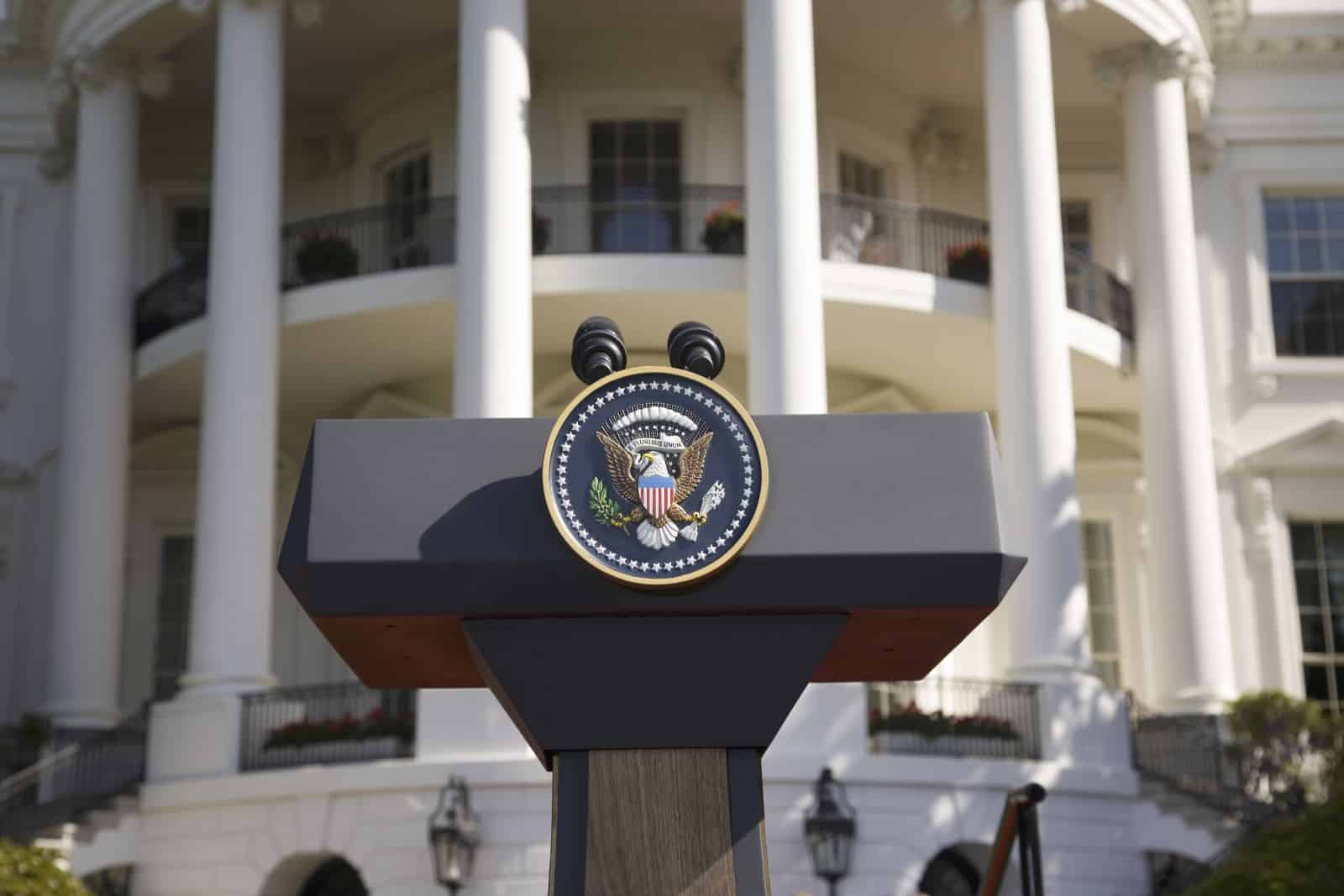
In the recently released “General Explanations of the Administration’s Fiscal Year 2025 Revenue Proposals,” the White House lays out how they would reach this level of capital gains tax.
Capital Gains Tax Hike
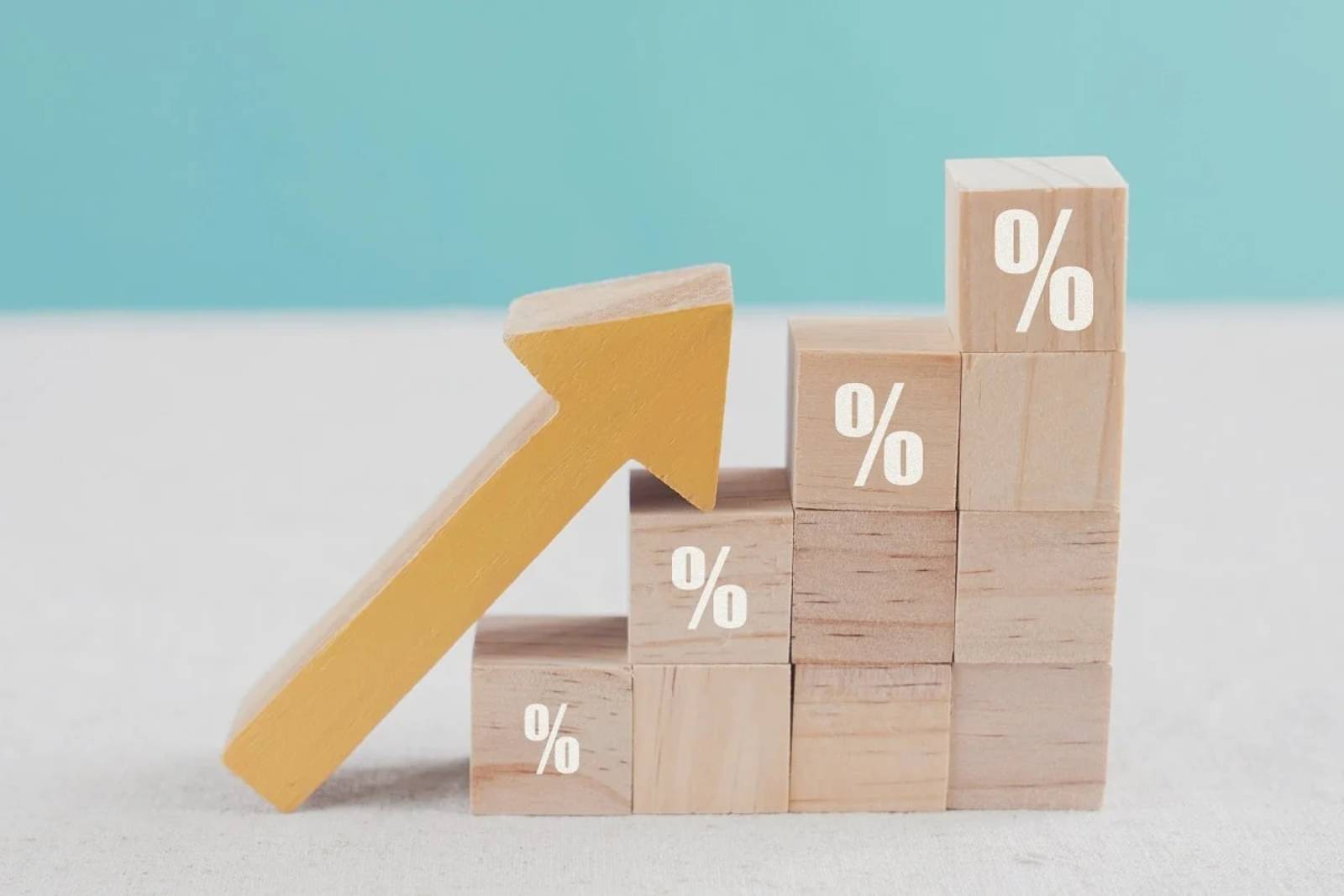
“A separate proposal would first raise the top ordinary rate to 39.6% (…). An additional proposal would increase the net investment income tax rate by 1.2 percentage points above $400,00. (…) Together, the proposals would increase the top marginal rate on long-term capital gains and qualified dividends to 44.6%.”
Who Would Be Affected by the Tax Change?

This tax change would only affect people who earn over $1 million in taxable income and have an investment income of over $400,000.
Financial Industry Response

Despite the tax only affecting a number of high-earning people, there has been considerable outcry from financiers.
Concerns Over Tax Changes

Scott Bishop, co-founder of Presidio Wealth Partners, has come out against the plans, stating, “If Biden actually did raise rates to 44.6%, there would be less trading and therefore less revenue. The bottom line, those with means will change strategies. It will be a populist ‘win’ without generating more revenue to federal coffers, thus increasing and not reducing deficits.”
21 States Where Squatters Can Legally Claim Your Property

Discover how squatters’ rights, or adverse possession, are more than just legal jargon—they’re stories of unexpected twists in the world of real estate. From sunny California to the historical landscapes of Pennsylvania, here’s how these laws could turn the tables on homeowners and squatters alike. 21 States Where Squatters Can Legally Claim Your Property
14 Things That Are Banned in the U.S. but Totally Fine Elsewhere

Ever feel like America’s rulebook was written by someone with a dartboard? Across the pond or down under, things get even wackier. Let’s take a walk on the wild side of global “Do’s” that are definite “Don’ts” in the Land of the Free. 14 Things That Are Banned in the U.S. but Totally Fine Elsewhere
25 American States Nobody Wants to Visit Anymore

Across the United States, some states capture the hearts and itineraries of many, while others remain quietly on the sidelines, overshadowed or misunderstood. These 25 states, facing what you might call a popularity crisis, are brimming with hidden wonders, cultural riches, and natural beauty, awaiting those willing to look beyond the usual tourist trails. 25 American States Nobody Wants to Visit Anymore
20 Foods That Are Cheaper to Eat Out Than Making at Home

In a world where convenience often wins, certain culinary delights come with a lower price tag when enjoyed at a restaurant rather than crafted in your own kitchen. Here are twenty foods that might save you both time and money when indulged in at your favorite eatery. 20 Foods That Are Cheaper to Eat out Than Making at Home
17 Things You’re Paying For, but You Don’t Have To

In the land of the free, there’s a price tag on everything, but savvy Americans know better than to open their wallets for just anything. Here are 17 expenses you’ve been shelling out for without realizing there’s a cheaper or even free alternative. 17 Things You’re Paying For, but You Don’t Have To
The post Wealth Redistribution for Racial Justice: Taxing the Rich first appeared on From Frugal to Free.
Featured Image Credit: Shutterstock / AlexiRosenfeld.
The content of this article is for informational purposes only and does not constitute or replace professional financial advice.
